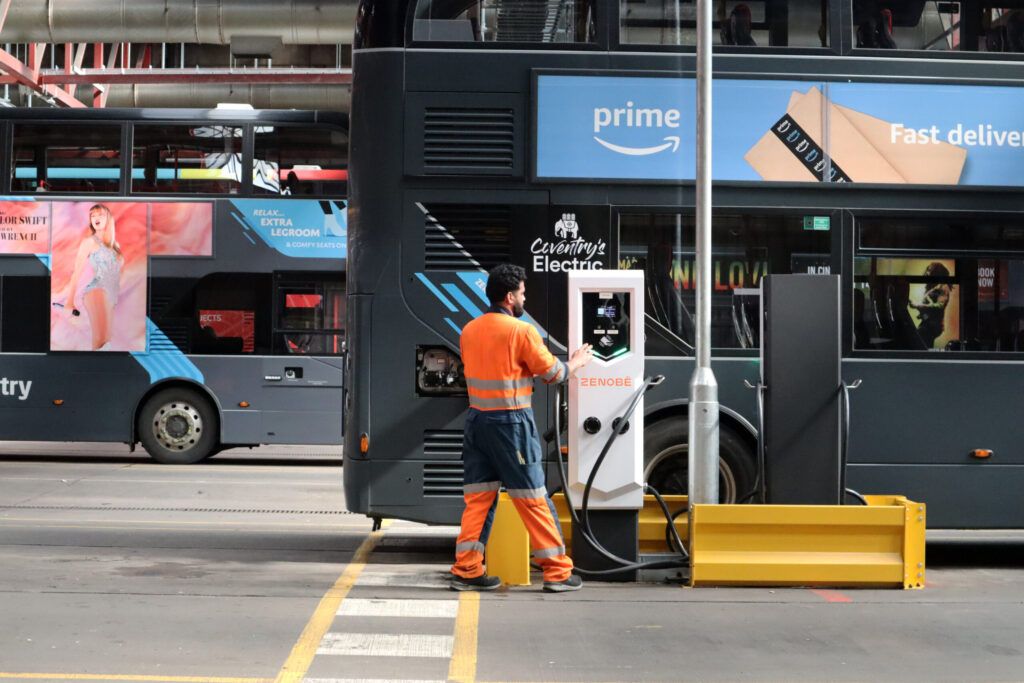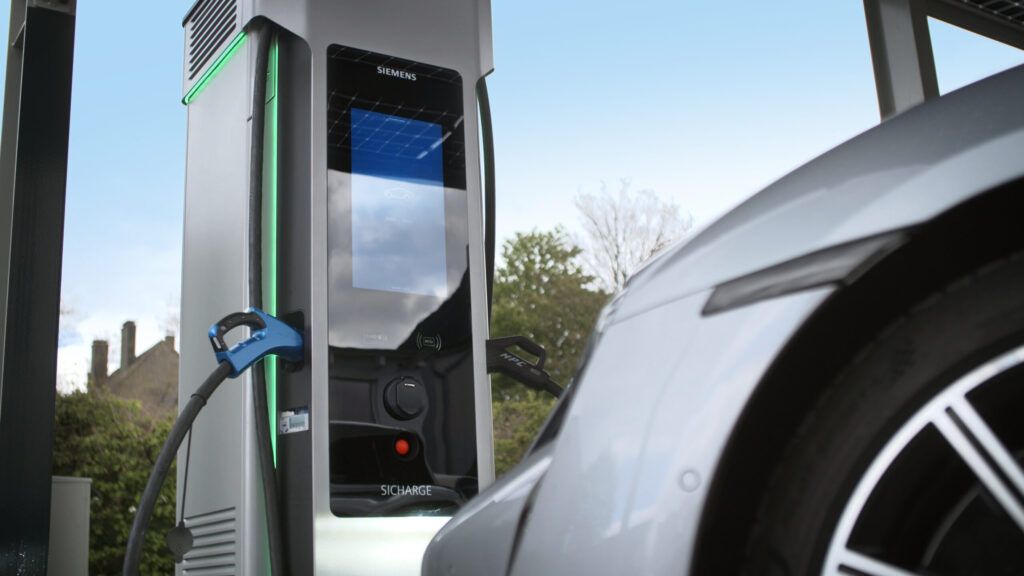The European Commission has proposed to the European Council a one-off extension to its current rules of origin for electric vehicles and batteries under the EU-UK trade agreement, which has been welcomed by the UK automotive industry.
The ‘one-off’ extension until 31 December 2026 would make it ‘legally impossible’ for it to be extended any further, it said, locking in the rules of origin for EVs from 2027. If the change doesn’t occur, 10% tariffs would be put on EVs traded across the Channel from January 1 2024.
The rules of origin for electric vehicles and batteries under the trade agreement were designed in 2020 to incentivise investment in the EU’s battery manufacturing capacity, it said. But the war on Ukraine and the pandemic’s impact on supply chains meant “a situation where the scaling-up of the European battery ecosystem has been slower than initially anticipated”.
The proposal comes as the body is also setting aside additional funding of up to €3 billion to boost the EU’s battery manufacturing industry. across the next three years.
Should the Council agree to the proposal, the decision will determine the EU’s position in the Partnership Council, the Trade and Cooperation Agreement’s highest decision-making body.
The news follows numerous industry bodies and associations calling for the change, especially the SMMT, which had previously said there was an “urgent need” to delay the tougher new UK-EU Rules of Origin.
Speaking about today’s news, which it welcomed, Mike Hawes, SMMT Chief Executive, said: “Adopting the Commission’s proposal would be a pragmatic solution, safeguarding the future of the EU and UK automotive industries, supporting motorists, the economy and the environment.
“Such an extension would avoid damaging tariffs on the very vehicles we need consumers to buy, allow UK and EU manufacturers to compete with the rest of the world and, crucially, give the European battery industry time to catch up. Above all, voting for the proposal will enable us all to cut carbon emissions while supporting growth and jobs across the entire EV supply chain. We urge every party to get behind it.”
Image from Shutterstock












